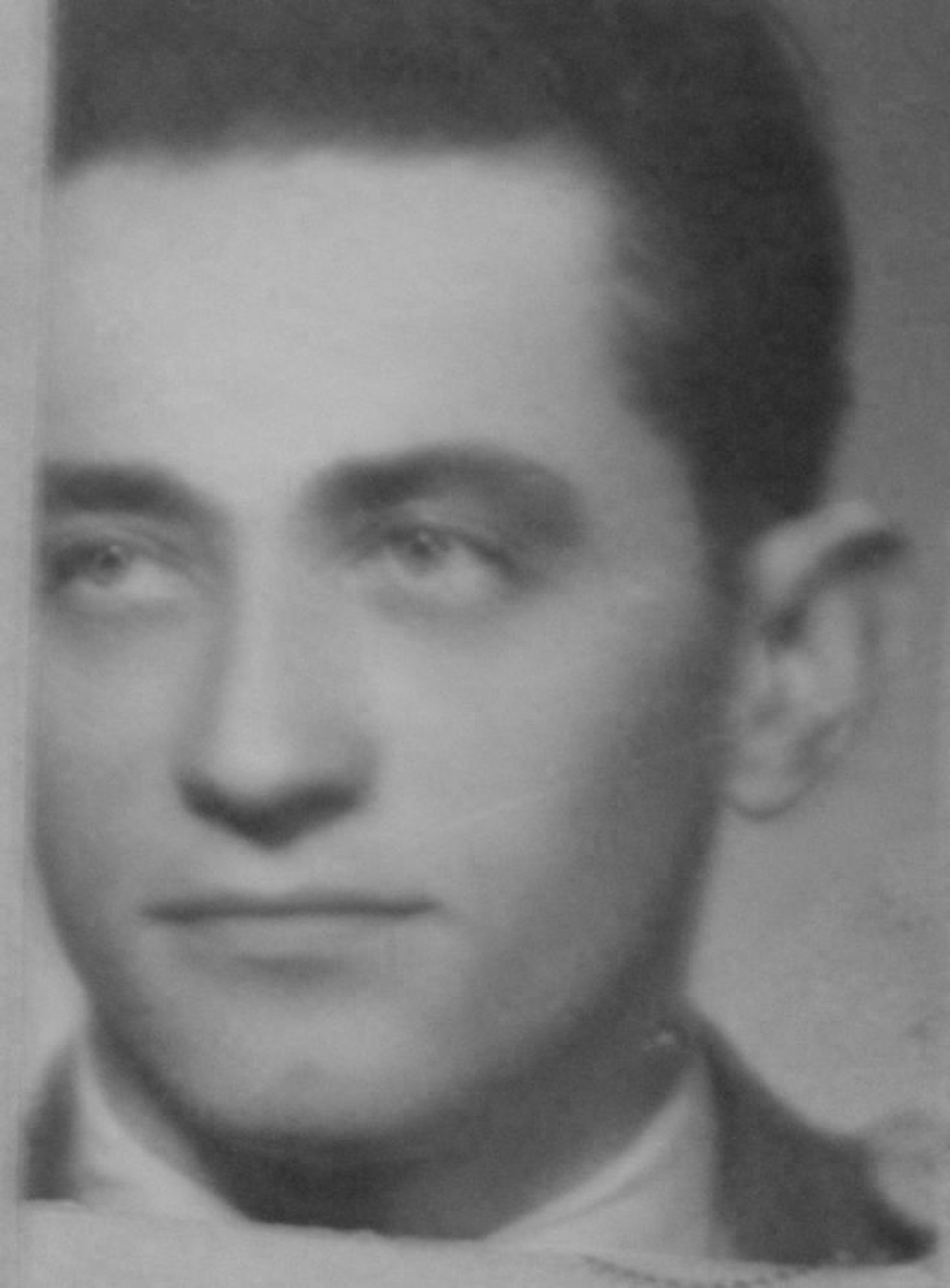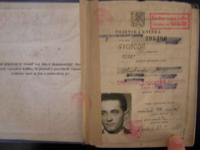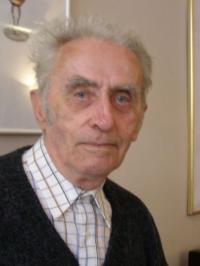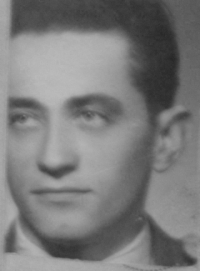Soldiers came from the shift and had a political education class

Stáhnout obrázek
Josef Svoboda was born July 1st, 1932 in Pohůrka, near České Budějovice. He grew up in a very poor family. During the war, his elder brother Jiří was sent to forced labour in Germany. Due to a misunderstanding with his employer he was sent to a concentration camp. Till 1945 he went through three concentration camps - Flossenbürg, Gross Rosen and Sachsenhausen; after the liberation he joined the State Police. In 1945-1947 Josef Svoboda attended the last two grades of a higher elementary, then he began vocational training at a technical school of ceramics in Karlovy Vary. He was attracted to the military profession; his decision to join the army was also significantly supported by the model of his brother in uniform. He entered the military academy in Mladá Boleslav in 1949. From 1953-1954 he served in a fortress battalion supporting the border protection guards in Znojmo. In 1954, after a conflict with the chairman of a local Party organization, he was transferred to the Auxiliary Technical Battalions (or military technical units, which were gradually replacing the cancelled ATBs). Here he served as a first-lieutenant till 1955 when he had to transfer to the reserves for medical reasons. Afterwards, he worked as a roof tiller and in other professions. He is finally retired.


